Has casteism followed Nepalese Diaspora overseas ?
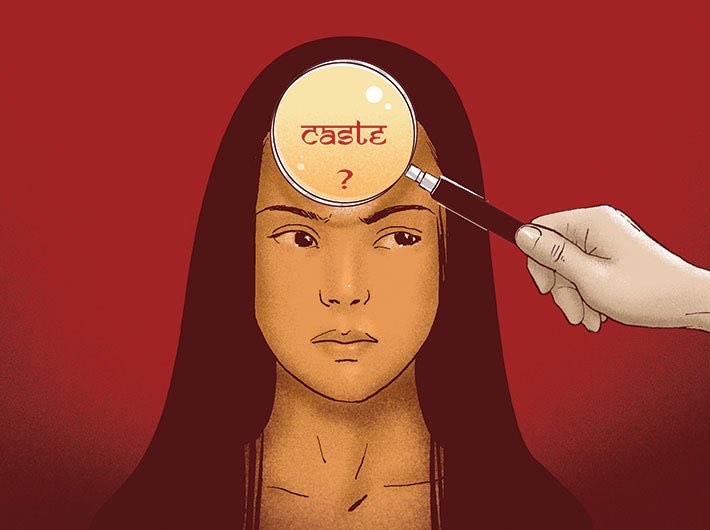
Sarala Thapa (Nepali)
At over three thousand years old, caste hierarchy is one of the oldest customs of social stratification in the world: the atrocious caste system determines social status by birth, compels marriage within a community and restricts job opportunity and decideswhat your reputation is in life. Even today in South Asia, caste conflict and discrimination remain a potent force in everyday life.
The recent caste motivated tragedies of Rukum and Rupandehi in Nepal have caused a lot of commotion online and on the political sphere.The death of Nawaraj BK, Ganesh Budha, Sandip BK, Lokendra Sunar, Tikaram Sunar and Govinda Sahi in Rukum has once again highlighted the tragic stories of caste-based discrimination in Nepal. Similarly, the story of a 13-year-old Angira Pasi, a young girl who was raped, then married to her rapist of upper caste and found dead the next day has outraged many.These two horrific incidents are among the 27 cases of caste-based discrimination and violence that Nepal Monitor has compiled in 2020 alone, and Dalit activists say that many more cases have gone unreported.
While, I am very happy to witness a wonderful outpouring of concern calling for more support and justice for the Dalit community. The recent incident also raises questions over the perseverance of casteism in our society, how the virulent tenacity of caste continues to perpetuate this idea, internalizing it into our culture and how it has even been imported to Nepalese communities living abroad. It is also amazing to see, many Nepalese people posting on their social media to speak up against the ongoing discourse over racial injustice and supporting #Blacklivesmatter but it also makes me question are we conveniently ignoring the fact that we, have been benefiting from a power structure that oppresses all those on lower levels of a forced socio-cultural hierarchy? Is it hypocrisy that some of us are reluctant to address our own history of caste-based inequalities?

Fair enough, you will say, “oh you don’t know anything”, “you haven’t even lived in Nepal enough”and that’s all very true. To be honest, I do not know, I continue to learn and educate myself. It is also a wake up call for me, that was long overdue,to question my privilege and to recognize caste discrimination taking place around me. Of course, I had heard of caste system but I am guilty of failing to understand both its persistence and its cruelty for the hundreds of millions of people the complex system of hereditary designates as undesirable.
Talking of my background, I grew up mostly outside of Nepal (Brunei and the UK) and for most of my childhood, I didn’t think much of caste; I didn’t have to. I also do not remember my parents telling me to stay away from certain castes or being told I couldn’t eat or sit with someone of a particular caste. I was raised by a mother who believed in kindness and humanity, who spoke up for injustice and challenged ancient rules and traditions therefore I was never taught to judge or discriminate anyone based on their caste, color, religion, gender or sexuality.
However, I am still extremely guilty of being ignorant and privileged because I was born into a caste that was not considered lower caste or Dalit by the society. Likewise, famous fashion designer Prabal Gurung has also posted about his regrets of not talking about the caste issue sooner writing on his Instagram. “I sincerely and deeply regret not coming to this sooner but I am committed to learn and do more. I would love for all of us to come together for now is the time for difficult conversations, to challenge ourselves, to ask hard questions, and consistently put in the work to be actively anti casteism not only in our messaging, but in our action too.” Gurung also points out that “privileges enjoyed by the majority of society at the cost of another (Dalits) is not a privilege, it’s a mirage and a delusion”. “It’s OPPRESSION,” he writes. “So, it’s time for a true solidarity because the lives of Dalits matter.” Gurung’s posts reminds me of few incidents that left me shocked but I am ashamed of not doing anything about it.
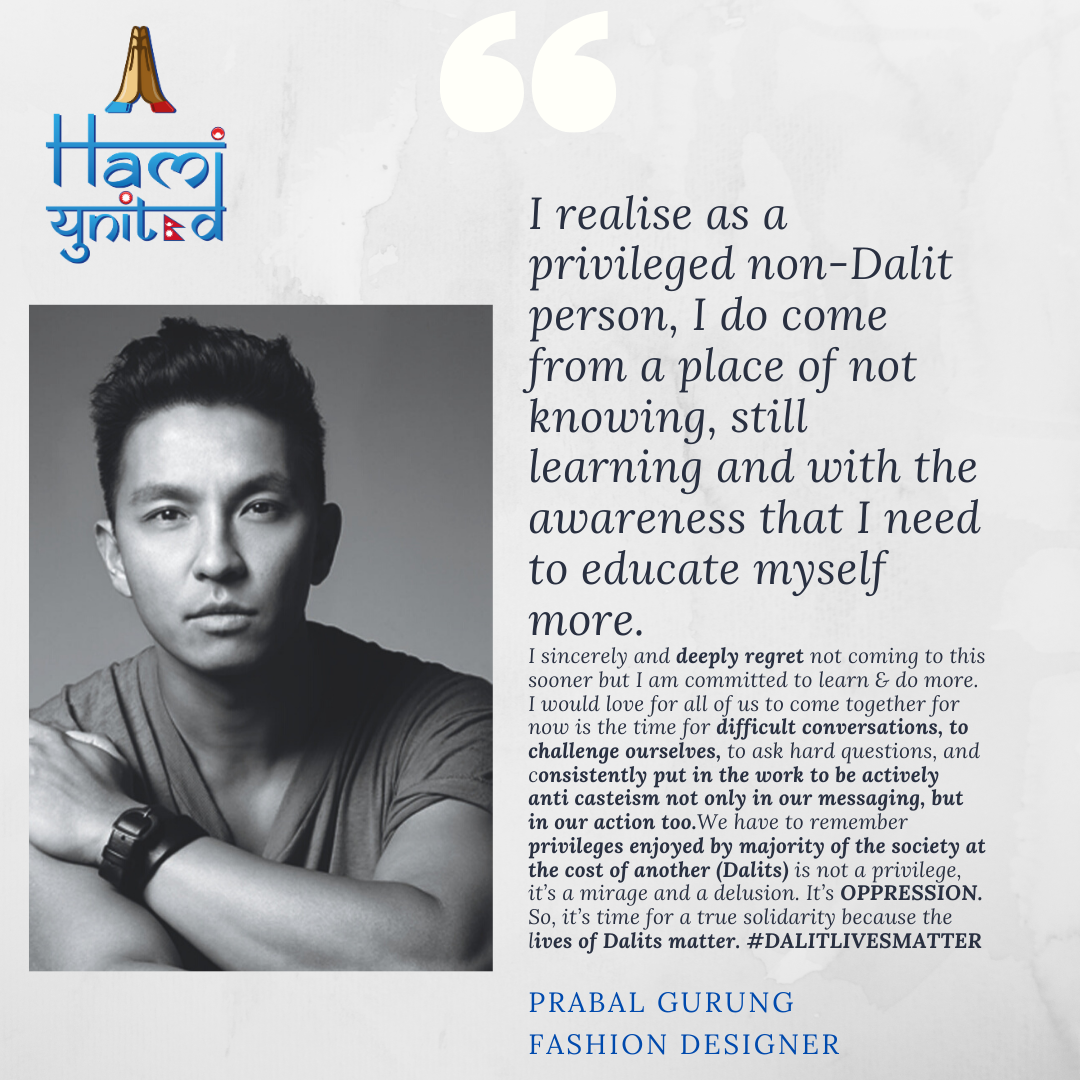 I recall first realising about the existence of Caste discrimination, I was 11, on a holiday in Nepal. My grandparents had taken me to our ancestral village Mulabari located in Tanahun. There, I met a middle-aged hardworking lady who I addressed as “baju”. I remember she was working in the scorching heat and I had invited her to come inside my house but she was reluctant and turned down my invite. I did not understand why and I was kind of upset by it. Later, I came to know she did not step inside my village home not because she enjoyed sun bathing but because she had lived all her life being segregated and restricted to enter the so called ‘upper caste’ families homes, temples and other social spaces. Heart-breaking. I assume this is still the reality all over Nepali villages.
I recall first realising about the existence of Caste discrimination, I was 11, on a holiday in Nepal. My grandparents had taken me to our ancestral village Mulabari located in Tanahun. There, I met a middle-aged hardworking lady who I addressed as “baju”. I remember she was working in the scorching heat and I had invited her to come inside my house but she was reluctant and turned down my invite. I did not understand why and I was kind of upset by it. Later, I came to know she did not step inside my village home not because she enjoyed sun bathing but because she had lived all her life being segregated and restricted to enter the so called ‘upper caste’ families homes, temples and other social spaces. Heart-breaking. I assume this is still the reality all over Nepali villages.
The second incident, I vividly remember was a conversation online when I was 21-22. I was talking to a guy on Instagram and after a few days of online conversation, I was left sad and helpless when he said, “I am a Pariyar and you may not want to talk to me after knowing this about me.” At first I reacted with “Why would you think like that?” then after giving it a re-thought. I felt very sad to realize he was brought up in an environment and in a society, that probably made him dread and hide his surname. He feared being ridiculed and rejected just because of his caste. He grew up feeling dejected, helpless, and looked down upon—like an outcast.
If I move on to answering my question about whether casteism is felt overseas or not, the straightforward answer is YES. It may not be as blunt or crude or caste discrimination offences in the UK may not be as heinous and brutal like the ones we hear from remote parts of Nepal but there is no denying caste discrimination is also rife abroad. It is felt in a subtle way and people lives might not have been taken by caste violence in the UK Nepali community but I can vouch and say people’s lives have surely been destroyed or damaged by the sophisticated caste bias being felt abroad, which is a lived reality for many Nepalis living away from Nepal. Caste cannot be transcended. Unlike class, people deemed to be of the “low” caste cannot educate or earn their way out of being a “Dalit”. No matter how elite their college or how lucrative their careers, those born into a low caste remain stigmatized for life and follows them wherever they go.
I know majority of us Nepali youths are still encouraged to marry within our caste and are faced with social opprobrium if one marries a partner from outside. I am not against same caste marriage but I do personally believe there should be NO restrictions of caste or race. My simple thinking says, if a couple wants to marry for all the right reasons and they are in love, they should be allowed to. After talking to many young Nepali people, many have shared their painful experiences of harsh and indirect caste based discrimination they have faced in the UK. There is also plenty of academic evidence that caste-based discrimination exists within Asian communities and in our very own Nepali diaspora communities all over the world.
Lex Limbu a popular blogger says; “The more we learn about ourselves, we’ll find out what we want to speak up for and what we stand for. One of the most important things you can do is to educate yourself on why this continues to happen… we might not be able to change the mind-set of people in Rukum or other remote areas but we can definitely start challenging the mind-set of our own and our families.” I very much agree with him, recognizing and engaging with caste discrimination is crucial instead of attempting to sweep it under the carpet.
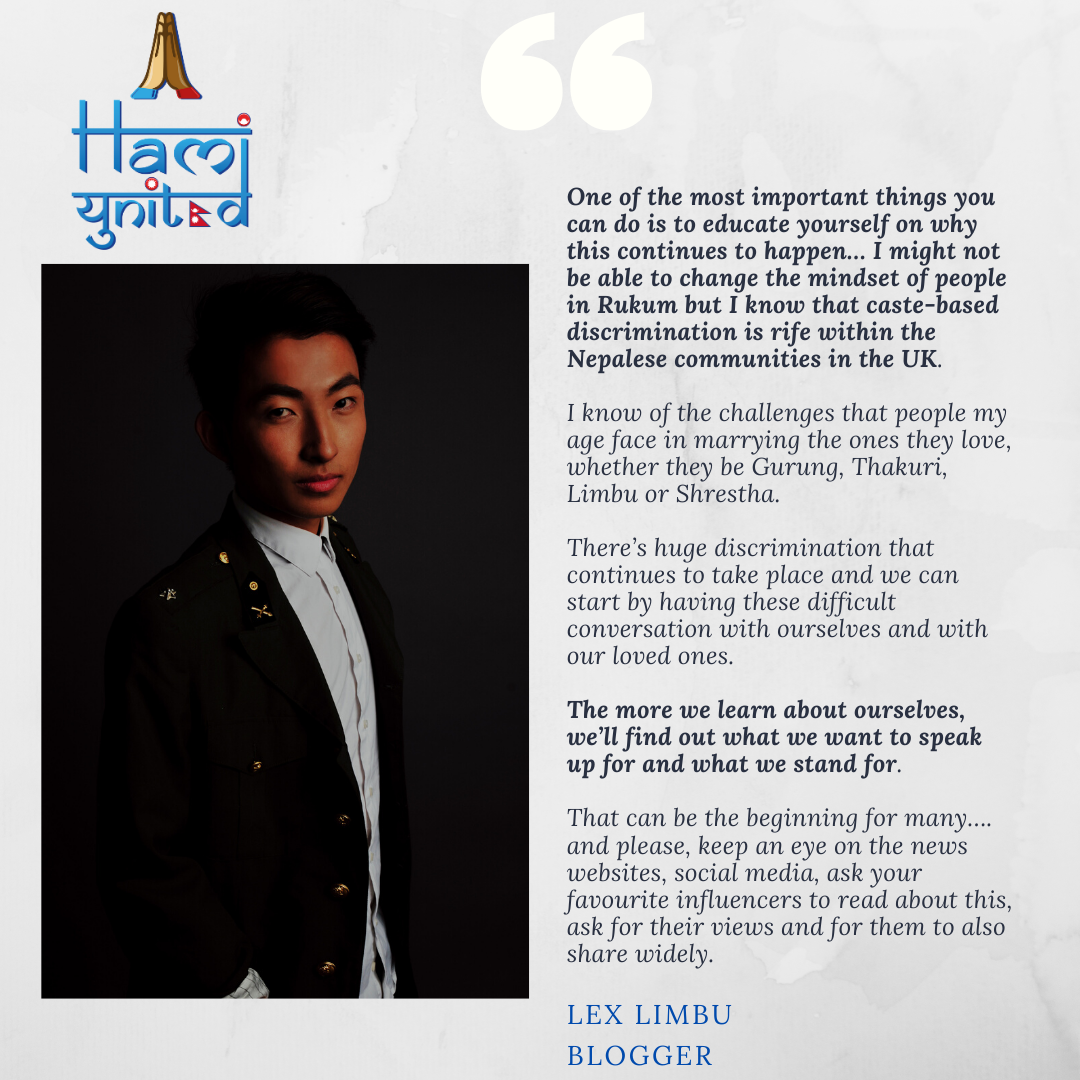
Denying the problem will not solve anything. The denial of discrimination by the Nepali diaspora in the UK is especially ironic today, as we are also vulnerable to racist discrimination and hate crimes due to the rising tide of xenophobia and ultra-nationalism. As a collective, we need to realize that we are all worthy of respect and equal treatment and no one should be subjected to any kind of discrimination based on their caste, color, race, background, gender or sexuality. We need to do more than just pay lip service to these movements and take up the fight against systemic casteism in our community. We should work together to not only decolonize the framework with which we view ourselves and our histories, but also dismantle the structures of power that keep us from re-imagining a collective future.
Sarala Thapa is a freelance broadcast journalist. She is also the producer of Britain’s Lonely Gurkhas, a documentary about the elderly Gurkha veterans living in the UK. She mostly reports on social issues of human interest stories. Sarala in collaboration with Nepali youths in the UK has recently started a voluntary community organisation Hami United to campaign against caste discrimination in the Nepalese community in the UK. Find out more here.




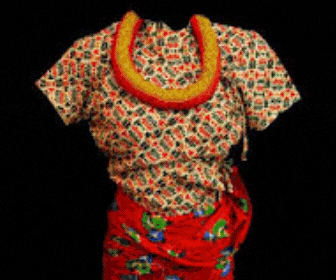

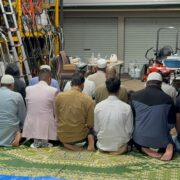
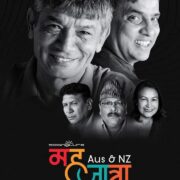
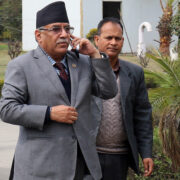



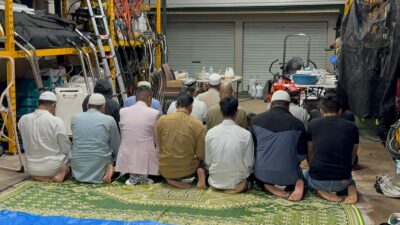
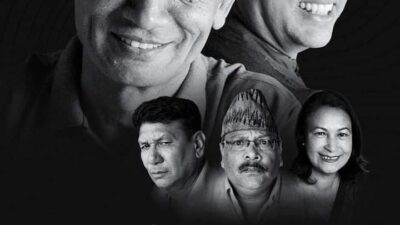
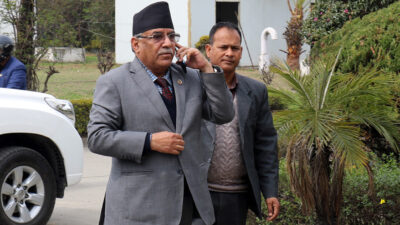


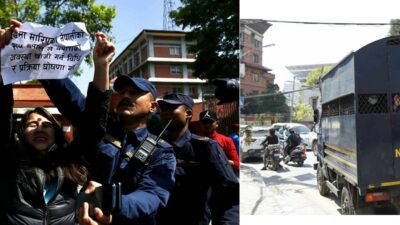

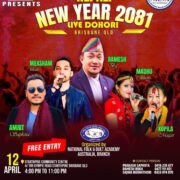


तपाईको प्रतिक्रिया